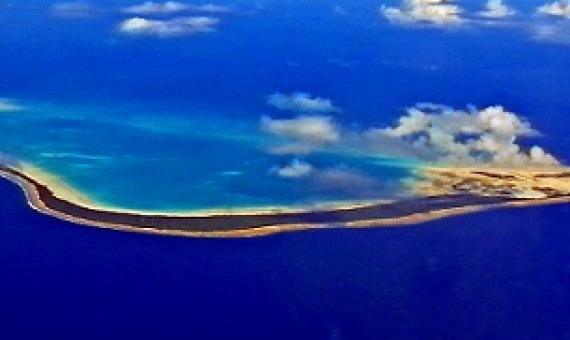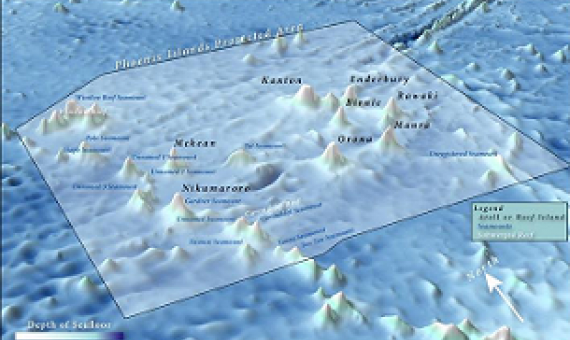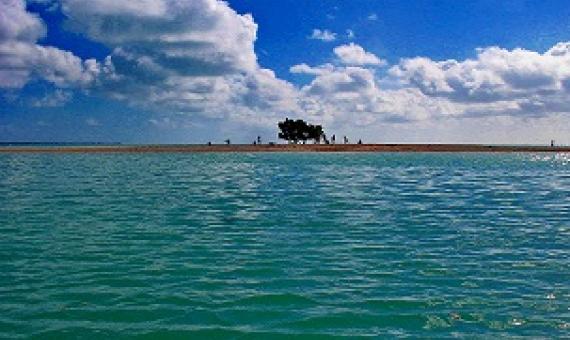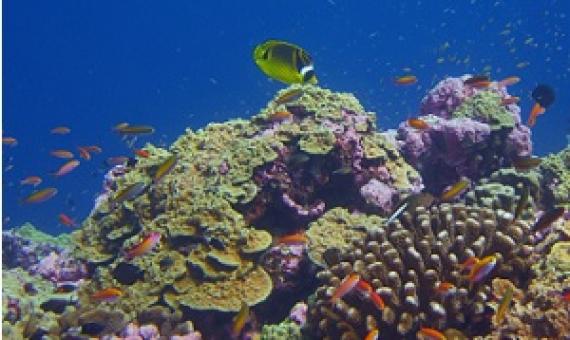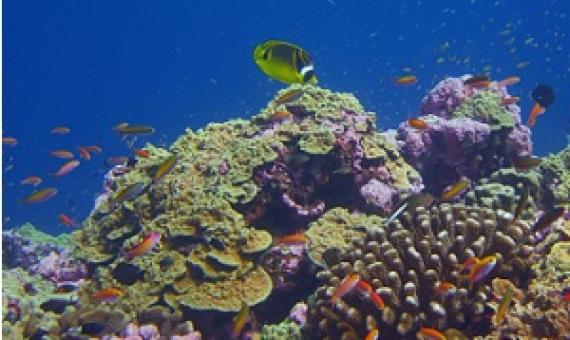The Pacific Islands Forum states have made a bold claim to be the authentic custodians of the Pacific Ocean’s marine resources and health through the forum’s ‘Blue Pacific’ strategy.
A marine scientist in Hawaii says the Phoenix Islands Protected Area is incredibly strategic in the Pacific, especially in this age of climate change.
The Kiribati Government has decided to open up one of the world’s largest marine reserves to commercial fishing and de-register it as a World Heritage site. The Phoenix Islands Protected Area (PIPA) spans over 400,000 square kilometres and borders US waters...Former President Anote Tong, who
Nature-Based Solutions for Urban Climate Change Adaptation and Wellbeing: Evidence and Opportunities From Kiribati, Samoa, and Vanuatu
Climate change and urbanisation in combination put great pressure on terrestrial and ocean ecosystems, vital for subsistence and wellbeing in both rural and urban areas of Pacific islands. Adaptation is urgently required. Nature-based solutions (NbS) offer great potential, with the region increasingly implementing NbS and linked approaches like ecosystem-based adaptation in response.
Protected Area Practitioners And Government Stakeholders Of Kiribati Are Now Equipped With The Hands-On, Practical Knowledge Of Finding Relevant Up-To-Date Data, Information Resources And Technical Guidance On Protected And Conserved Area Management. It follows a virtual training on the tool
Surrounded by water and facing a precarious future, Kiribati is learning from Samoan limu harvesters how to improve their livelihoods. Sapeti Tiitii has just finished helping her eighth village build a seaweed farm, this one on the island of Savaii.
Though the sea level is rising, in the South Pacific, many low-lying islands are actually growing.
Increasing Coral Reef Resilience Through Successive Marine Heatwaves
Ocean warming is causing declines of coral reefs globally, raising critical questions about the potential for corals to adapt. In the central equatorial Pacific, reefs persisting through recurrent El Niño heatwaves hold important clues. Using an 18-year record of coral cover spanning three major bleaching events, we show that the impact of thermal stress on coral mortality within the Phoenix Island Protected Area (PIPA) has lessened over time.
Climate change is rapidly intensifying pressure on biodiversity around the globe and, particularly, on coral reefs. But despite dramatic losses at the hand of bleaching events, the future of reefs may not be as bleak as we imagined.
Some coral communities are becoming more heat tolerant as ocean temperatures rise, offering hope for corals in a changing climate.

